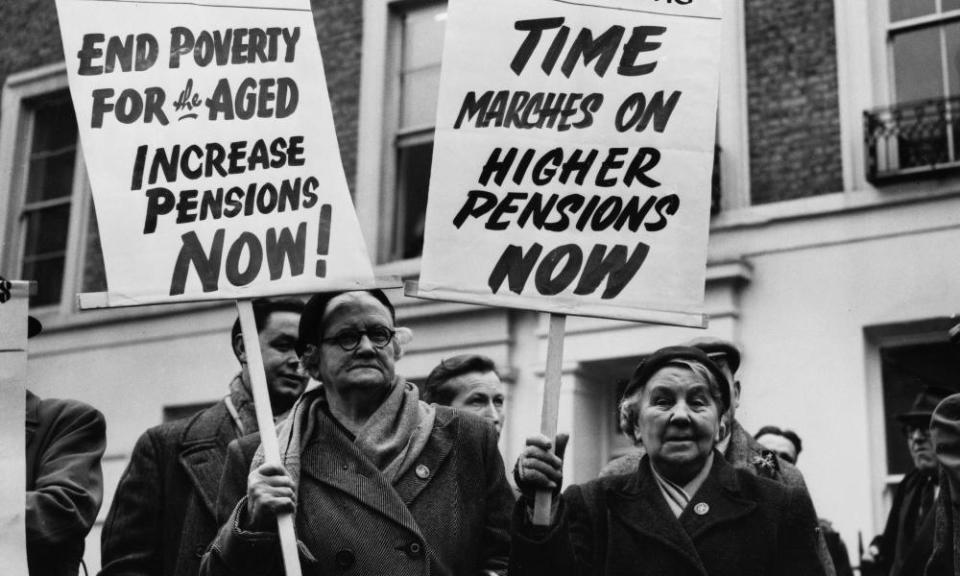In 2010 we stopped getting any older. The implications are huge

The most profound change to human life over the previous 100 years came to a halt in 2010. In the decades before it, life expectancy in Britain kept rising, with men, in particular, born in the 1920s and 1930s enjoying far longer and healthier lives than ever expected.
This increase in lifespan has affected everything – from housing to health to pensions. It’s why we need to find ever greater sums for the NHS. It’s why the state pension age has had to go up. Arguably, it’s a big reason why house prices are so high – because people are living in them for longer.
But the great leap forward in longevity has come to a shuddering halt. An extraordinary analysis by the Office for National Statistics this week reveals that the trend line in longevity stopped in 2010, and has flatlined since.
Why? Pick anything from austerity and cuts in NHS spending, to influenza outbreaks, obesity, diabetes, and even the rise of “multimorbidity” – where someone might have diabetes, heart disease and high blood pressure all at the same time.
But the ONS did not try to answer the “why” question. It wanted to check if the statistics really do prove that longevity rises have come to a halt. And the depressing conclusion from its research is that, indeed they have.
It found that the “breakpoint” in the trend towards better longevity began with males in the second quarter of 2009, with females following soon after.
“A significant slowdown in improvement occurred during the early 2010s in England,” said the ONS. “Between 2011 to 2013, and 2014 to 2016, only 26 local authorities showed any statistically significant increase in life expectancy for men, and only 17 showed any improvement for women. This compares with 203 and 128 local authorities respectively showing a significant increase in the equivalent period 10 years earlier.”
Maybe this is a blip. But there is also some worrying data coming out of the weekly register of deaths in England and Wales this year. They show that the number of deaths is running significantly above the average over the past five years.
Most of the academic debate around the stagnation in longevity has, quite rightly, focused on austerity and the NHS. But there are other huge financial implications, not least for pensions.
Pension companies constantly tell savers they must plan for a retirement lasting 25 years or more. Maybe they are wrong on that.
Only a year ago, the Government Actuary’s Department was suggesting a possible state pension age of 70 for anyone now aged 30 or under. Are they wrong on that, too?
Maybe we should now be thinking about cancelling increases in the state pension age, not raising it further.
p.collinson@theguardian.com

 Yahoo Finance
Yahoo Finance 